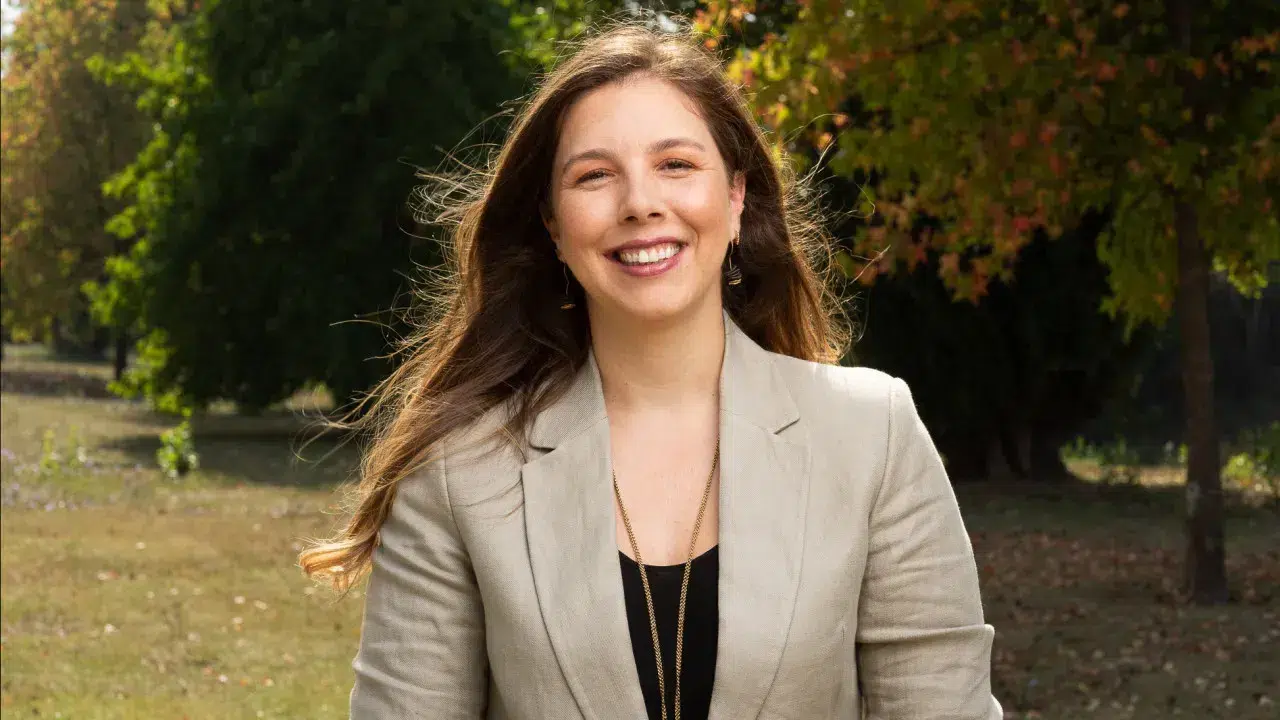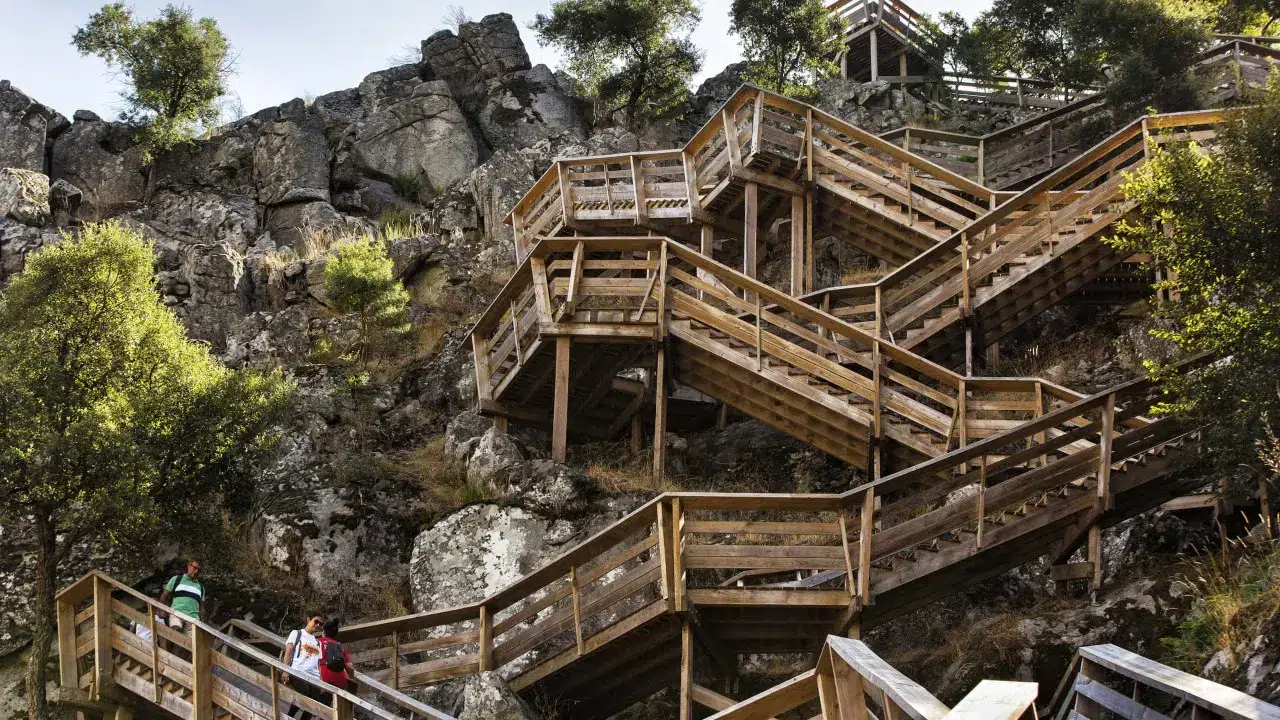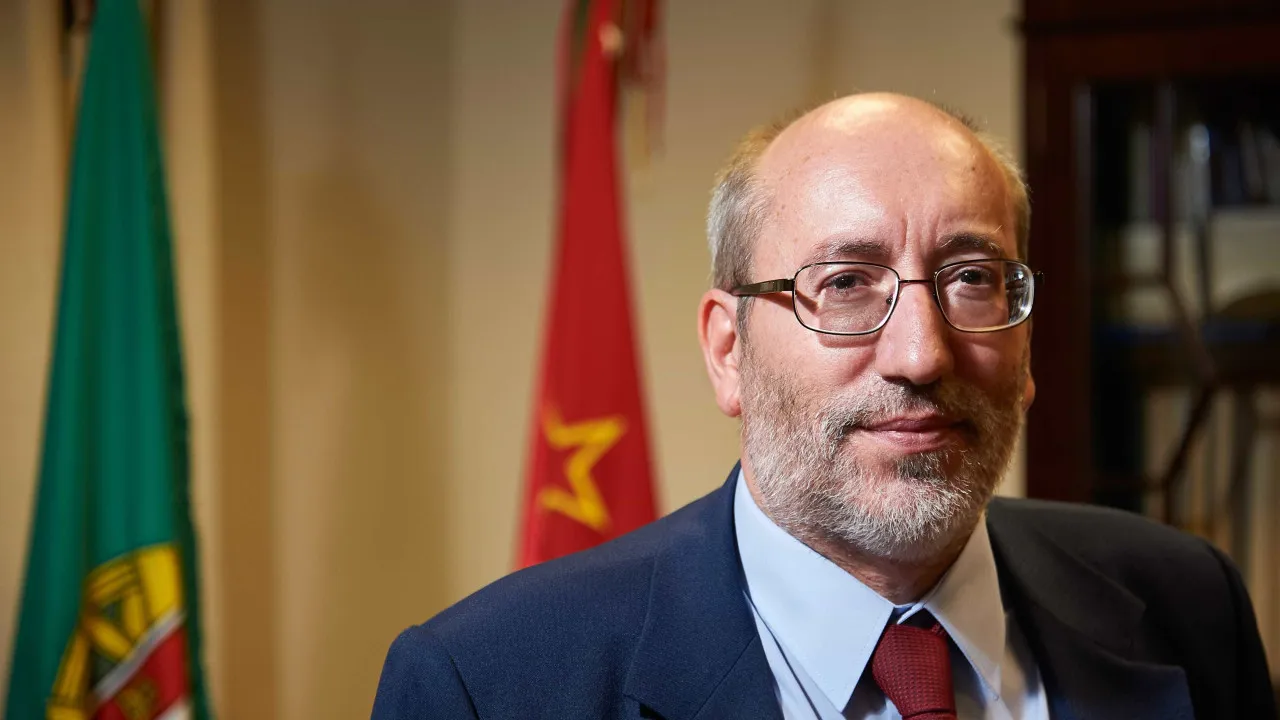
“Sun, sea, gastronomy, and breathtaking landscapes. Portugal has long been one of Europe’s preferred destinations, with summer as its main stage. Every year, millions flock to its beaches, towns, and cities in search of unique experiences. But a question is beginning to loom subtly in travelers’ luggage and tourism strategies: how to make tourism more sustainable without losing authenticity? The answer might be where least expected: in waste, or rather, in everyday residues that can be transformed into clean energy.
Imagine a hotel in the Algarve where breakfast leftovers help heat shower water, or a restaurant in Lisbon where frying oil is converted into fuel for the transfer fleet. This might sound odd, but it is actually the foundation of advanced bioenergy.
This process uses waste, such as used cooking oils, animal fats, coffee grounds, or food scraps, to produce liquid and gaseous biofuels, such as biomethane, with the real capacity to decarbonize sectors like transport and hospitality. Instead of sending tons of waste to landfill or sewers, it gives them a second life, saving emissions, water, energy, and money.
Applied in this context, it can indeed be a beneficial advantage. There’s no need to reinvent tourism, just rethink it. Bioenergy can be applied to any area of hotels, hostels, Airbnb’s, or even the comfort of our homes. Unlike other renewable solutions that require large investments or complex infrastructures, this energy adapts to what already exists. It is a frictionless energy transition.
Moreover, an increasing number of tourists seek destinations with a strong environmental focus. They want to know the origin of what they consume, how leftovers are managed, and the impact of their choices. Sustainability is no longer a buzzword but a selection criterion, a competitive edge, and a story told with pride. In many cases, it can even be the decisive factor in choosing a holiday destination.
Advanced bioenergy could be the missing link between what Portugal excels at – its hospitality, gastronomy, and nature – and what the future demands: carbon neutrality, circularity, and innovation.
This summer, when boarding a transfer, ordering a typical dish, or staying in an eco-hotel, consider this: maybe part of the energy you are using was harvested from the very moments that make tourism memorable. Because traveling with energy is traveling with consciousness.”




